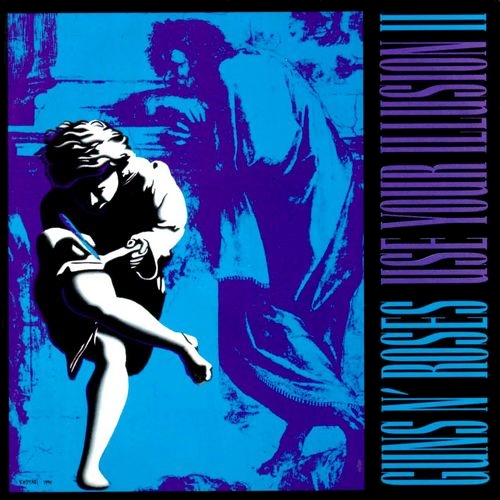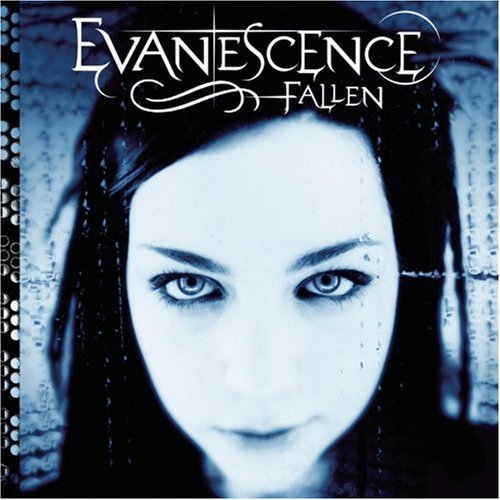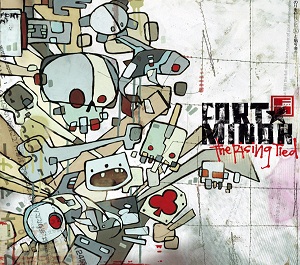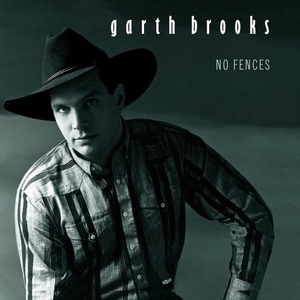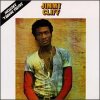with the eighth pick in the 20th round of the 2013 Desert Island Music Draft, i select...
Sufjan Stevens - The Age of Adz (10/12/10):
01 Futile Devices
02 Too Much
03 Age of Adz
04 I Walked
05 Now That I'm Older
06 Get Real Get Right
07 Bad Communication
08 Vesuvius
09 All for Myself
10 I Want to Be Well
11 Impossible Soul
Genre: electronica, indie folk, indie rock
http://en.wikipedia.org/wiki/The_Age_of_Adz
i was having a conversation over dinner with one of my wife's co-workers yesterday. he said that music today just isn't as good as it used to be. he's a great guy, but it was as wrong-headed a statement as could be made circa 2013. of course, if you keep your ears tuned into the radio, where a crumbling music industry has created a lasting homogenization in order to ensure favorable profit margins, then you might be right. justin bieber, for example, is hardly a useful representative to counter my wife's coworker's argument...
however, if you're willing to shift your ears away from outdated modes of dissemination, there is an incredible wealth of tremendous art to be discovered. in my opinion, the years that have followed the turn of the millennium have been bursting with musical creativity. as industry standards dramatically change, and as music becomes increasingly accessible, one comes to find out that there really is something for everybody. i was thinking about dipping back into the past to dredge up a few classics as this draft winds down, but the conversation i had last night has motivated me to keep a post-2000 outook for the remaining rounds. i believe there has never been a more fertile time for truly exceptional music...
at any rate, i wrote a review of Sufjan Steven's The Age of Adz back in 2010, and it appears here in a slightly-edited form:
Well... here's a curiosity. In August of 2010, Sufjan Stevens surprised the music world by releasing the All Delighted People EP with very little announcement or fanfare. At an hour in length, it dwarfs most LP's, and I assume the EP designation is meant to signify the album as a collection of odds and ends rather than as a unified artistic statement, which makes perfect sense in light of the announcement that would come shortly thereafter: the REAL follow-up to Sufjan Stevens' stellar 2005 effort, Illinois, was still on its way. In October of 2010, a little under two months after releasing the All Delighted People EP, Sufjan loosed Age of Adz unto our ears, and it is certainly a much different affair than All Delighted People. Adz finds Sufjan Stevens at an artistic crossroads of sorts. It's not a departure in the truest sense of the word, but neither does it tread much over old ground. The listener's relationship with this album is entirely predicated on their ability to accept Sufjan as something other than what he has been considered in most indie folk circles across the last seven years.
That said, the pretty and plucky "Futile Devices" opens Adz in typical Sufjan fashion. But for those hoping to see their banjo hero rise once again to the forefront of contemporary Americana, "Futile Devices" represents the sole foray into previously-covered territory. It's an ease-in moment, whereas the rest of the album comes in waves of programmed drum loops, keyboards, synthesizers, glitches, blips, screeches, and even an auto-tuned vocal solo. The production of Adz nods in the direction of Sufjan's 2001 electronic album, Enjoy Your Rabbit, but while that was a tightly-controlled instrumental song cycle, Adz feels considerably more improvisational, with its emphasis placed on emotional depth rather than virtuosity or narrative. Though that is not meant to diminish the arrangement of these songs, or the skill with which they are executed. Sufjan Stevens is a very careful composer. Everything is in it's right place on Adz, as it were. And he, of course, still makes excellent use of various acoustic instruments. His banjo makes the occasional appearance, as do horns, live drums, the guitar, and the piano, and Sufjan has also not lost his affinity for layering his songs with swaths of choir-sung backing vocals. "Too Much" retains much of Illinois' bounce and vibrancy, but with a glitchy twist, and a lyrical turn into less optimistic, more combative waters. "There's too much riding on that," Sufjan admits. But it's not a resignation. This song is a dare. "So pick up your battering ram, love, I want to see it." If "Futile Devices" was a callback to fond memories, "Too Much" is the expectation-shattering response. And, as if to tease the listener's expectation further, its outro features a synthesizer that sounds suspiciously like a harp, an instrument Sufjan might have favored until now.
"Vesuvius" is one of the most interesting lyrical experiments on Adz, as it plays on the aural similarities between Sufjan Stevens' name and the name of the great Italian volcano. Sufjan compares himself to Mount Vesuvius, as he asks "why does it have to be so hard?" This song encapsulates the lyrical concerns of Adz. Sufjan dove inside of himself for this album. Faced with an artistic crisis in the wake of a digital age that doesn't necessarily reward album-crafters like Sufjan for their efforts, Age of Adz is his most personal album to date. He explores anxiety, longing, love, lust, faith, emotional paralysis, and uncertainty. He also gets legitimately vulgar for the first time in his career. Album stand-out "I Want to Be Well" finds Sufjan weaving refrains of "I'm not ****ing around" as a backing choir sings "I want to be well" behind him, while both live and programmed drums swirl around the voices in a cacophony of perfectly-orchestrated fills, each element vying for attention, reflecting lyrics that concern themselves with feeling pulled in too many directions at once. It's a masterpiece. But it's a masterpiece that acts as introduction to a much more grand feature.
"Impossible Soul," Age of Adz's epic closer, comprises one-third of the album's total length. At over 25 minutes, it absolutely runs the risk of being construed as bloated and self-indulgent. This song will make or break Age of Adz for the listener. If you can find engagement in the many disparate ideas bursting from it's seams, it's a truly beautiful experience. If it does, indeed, feel bloated and overwrought to you, then you'll have trouble finding your way to its conclusion. Fortunately for me, I bought it. I ate it up. I love this song. I think it's incredibly overstuffed, but in the best possible way. Too many musicians are too afraid to assume a maximalist stance in their approach. They're afraid of the criticism that usually follows musical gestures that might otherwise be labeled as "pretentious." "Impossible Soul" is then everything that Sufjan Stevens has ever been. It's everything that Age of Adz has been up to that point, and it's much of what Sufjan has never been before. He really moves out of the confines of what could be called his "comfort zone" on this song, with a series of what I think of as suites more than anything else.
One of these sections of "Impossible Soul" features an auto-tuned vocal solo that bests anything the popular device has done along the radio-ready mainstream pulse. Another of the song's sections features pitch-shifted, robotic-sounding backing vocals that wouldn't seem out of place on a Daft Punk record. Each suite is as sweeping and grand as most Sufjan epics are, but it all coalesces in such a confetti kind of way. The listener is invited to judge the song and the album itself as Sufjan and his backup choir sing "better get it right, get it right, get it right," but all doubt is removed as they follow-up with Sufjan's trademark endearing optimism: "it's not so impossible." It's certainly the most ambitious song Sufjan has ever recorded, and it ends on the softest, prettiest moment of the album, as the listener is swept away on a cloud of . "We can do much more together." Sufjan makes the listener believe it. "I want nothing less than pleasure," he sings. After a five year span with no truly suitable follow-up to Illinois, Sufjan has returned with victory on his mind, but it's a self-conquering kind of victory. He's scaled Vesuvius, and he's come out the other side with an incredible album in tow.
